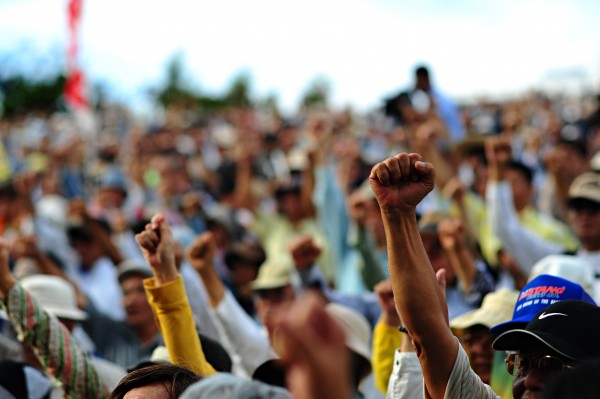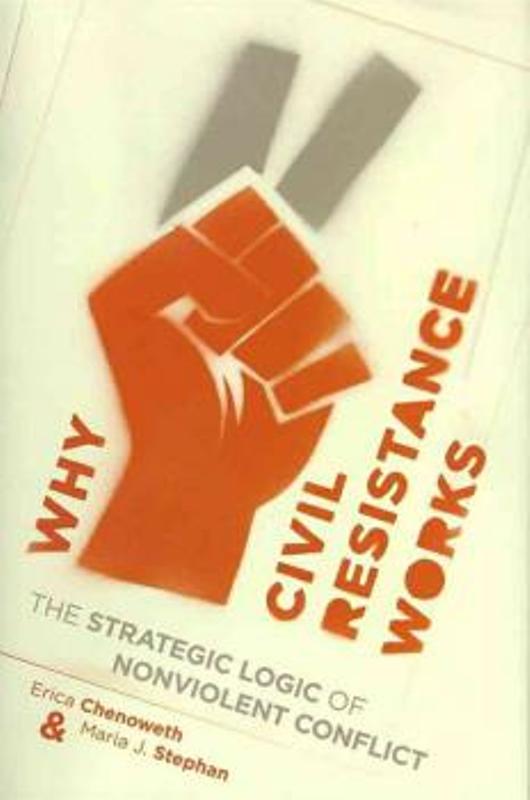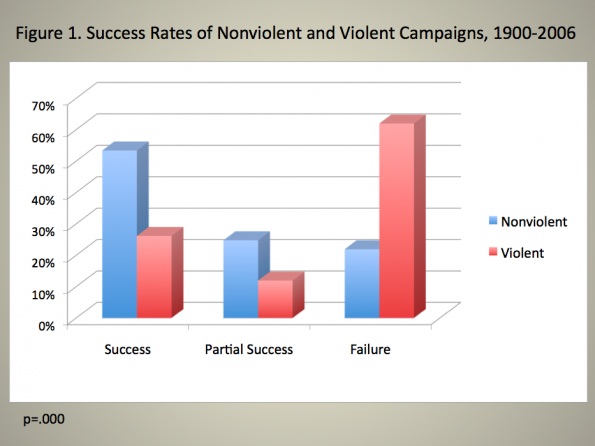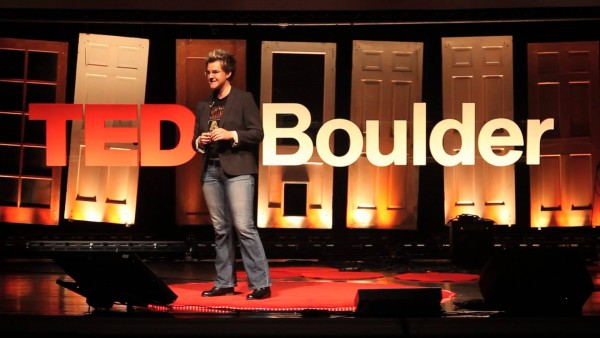
Civil resistance is an action that relies on the use of non-violent resistance by civil groups to challenge a particular power, force, policy or regime. The direct opposite of this is “armed resistance,” where guns and weapons are employed to achieve the same objective. The latter, of course, results in violence and chaos.
Those who employ violent resistance to achieve their objectives have put up many arguments to justify their actions. Although some might sound convincing, other people completely oppose it.
Assistant Professor at the Josef Korbel School of International Studies at the University of Denver, Erica Chenoweth, has given a powerful speech at the Technology Entertainment and Design (TED) conference, outlining why non-violent (civil) resistance is the best option for citizens to adopt to fight oppression.
Erica Chenoweth and Maria J. Stephan had already made their arguments in their book, “Why Civil Resistance Works,” that campaigns of non-violent resistance were more than twice as effective as their violent counterparts in achieving their stated goals.
The co-authors stated that non-violent resistance attracts unparalleled support from other citizens, and that those citizens are more likely to engage in acts such as protests, boycotts, civil disobedience and other forms of non-violent, non-cooperation. Their efforts then help to separate oppressive regimes from their main sources of power and produce remarkable results. Iran, Burma, the Philippines and the Palestinian territories are the countries cited.
After combining statistical analyses and case studies of specific countries and territories, Erica told a packed TED conference that non-violent resistance presents fewer obstacles to moral and physical involvement and commitment, and that higher levels of participation contribute to enhanced resilience and greater opportunities for tactical innovation and civic disruption.
This factor, she said, confuses the oppressive regime and eventually, the regime will fail to maintain the status quo. The result, according to Erica, is that there will be a successful non-violent civil resistance which will pave the way for durable and internal peaceful democracy.
Furthermore, civil wars are prevented and it is less likely that there will be any refugee crises, as compared to violent resistance like what is happening in Syria and Yemen, and what has already happened in Libya. To add to this, scarce resources will not be wasted for no good/apparent reason.
Critically analyzing the argument put forth by Erica, it appears obvious that indeed non-violent resistance should be the best option for citizens to adopt in fighting oppression. We have seen overwhelming evidence from what has happened in Libya, and what is happening in Syria and Yemen, which has divided the leaders of Europe on whether to help those fleeing the conflicts or not.
You want to support Anonymous Independent & Investigative News? Please, follow us on Twitter: Follow @AnonymousNewsHQ
This Article (Watch Why Nonviolent Civil Resistance Is The Best Option To Fight Oppression [Video]) is free and open source. You have permission to republish this article under a Creative Commons license with attribution to the author and AnonHQ.com.








good article more stuff like this its helpful oh and the one about people with high anxiety have better social awareness is one my favorites